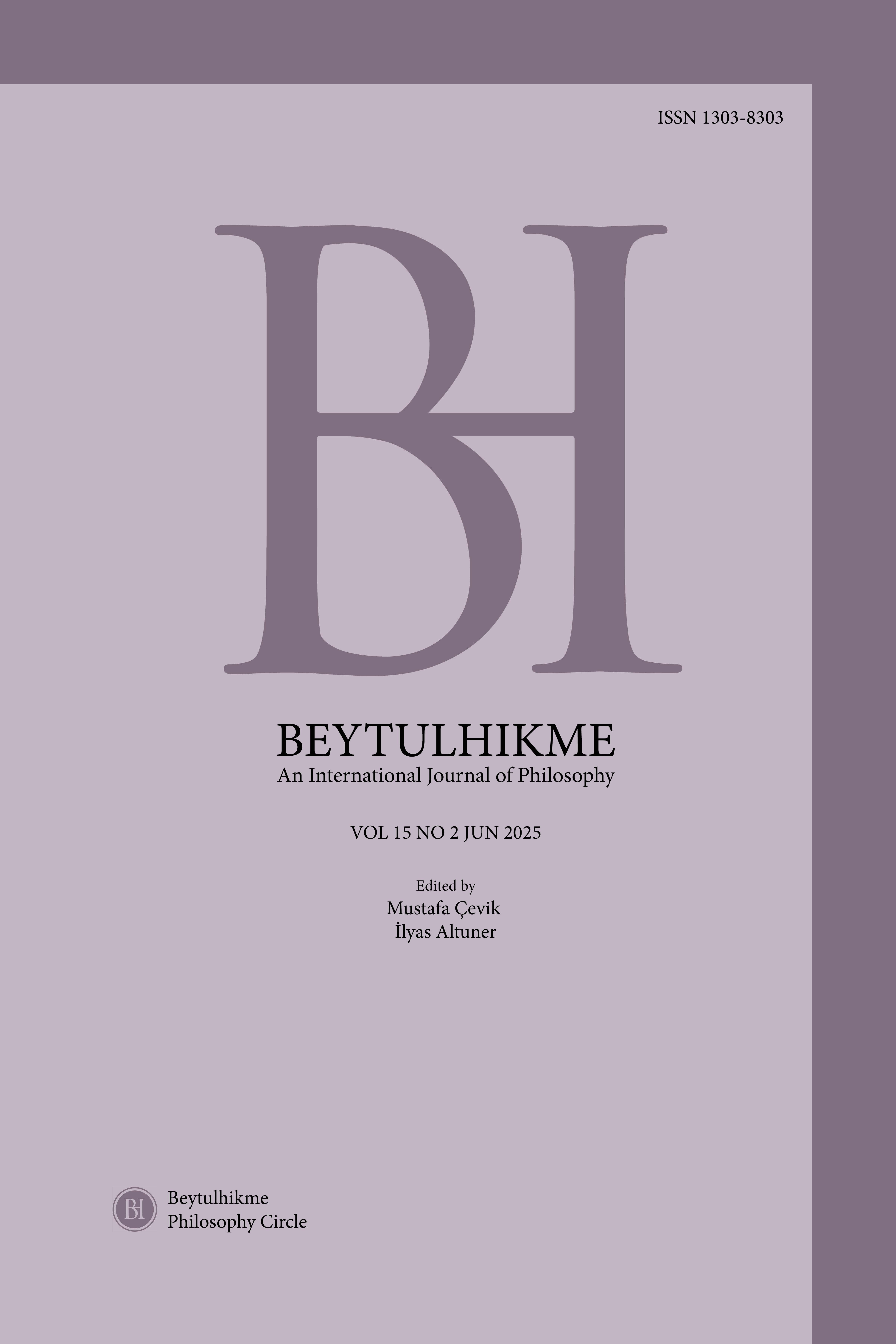Author :
Abstract
Bu çalışmada orta çağda modern devlet ve toplum felsefesinin öncü ve kurucu isimlerinden birisi olarak kabul edilen Padovalı Marsilius’un genel politik felsefesi ve bu felsefe içerisinde dinle siyaset arasında kurmuş olduğu ilişki incelenmektedir. Marsilius’un felsefesinin temelde iki ana iddia üzerine kurulu olduğu söylenebilir. İlki, toplumun/devletin ilk çağda ve orta çağda savunulduğu şekliyle doğal/zorunlu ya da tanrısal/ilahi olmadığı aksine insani ve dünyevi nitelikte olduğudur. O insanların ihtiyaçlarını karşılamak ve daha iyi bir yaşam olanağına kavuşmak için ürettikleri, nihayetinde amacı insanların barış ve esenliğine hizmet etmek olan bir araçtır. İkincisi ise bu amacın gerçekleşmesi için dinsel iktidarın siyasal iktidara tabi kılınması gerektiğidir. Marsilius’un bu şekilde, nispeten erken sayılabilecek bir dönemde (14. yüzyıl) toplumun seküler ve devletin laik karakterine yaptığı vurgunun hem çağının koşulları düşünüldüğünde oldukça radikal ve ilerici olduğu hem de modern devlet ve toplum felsefesinin Hobbes, Spinoza ve Rousseau gibi önemli teorisyenlerinin özellikle din-siyaset ilişkisi söz konusu olduğunda, adını doğrudan anmasalar da ilhamlarını Marsilius’tan aldıkları ifade edilebilir. İşte bu çalışmada Marsilius’un felsefesinde din-siyaset ilişkisi tartışılarak bir yandan onun seküler toplum projesinin ve laik devlet tasarımının temellerini nasıl attığı, diğer yandan kendisinden sonra gelen filozofların düşünce dünyalarını nasıl etkilediği araştırılacaktır.
Keywords
Abstract
This article examines the general political philosophy of Marsilius of Padua, who is considered one of the pioneers and the founders of philosophy of modern state and society in the Middle Ages, and the relationship he established between religion and politics within this philosophy. It can be said that Marsilius’ philosophy is basically based on two main claims. The first of these is the state/civitas is not natural/obligatory or religious/divine, as it was argued in the Ancient times and the Middle Ages, but human and secular. It’s a humanitarian structure that people create to meet their needs and achieve a better life, and whose ultimate goal is to serve the peace and well-being of people. The second is that religious power must be subordinated to political power in order to achive this goal. In this article by discussing Marsilius’ conception of civitates and the relationship between religion and politics in the conception, it will be investigated how he laid the foundations of his conception of secular state and secular worldview on the one hand and how he influenced the thought of the philosophers who followed him on the other.





